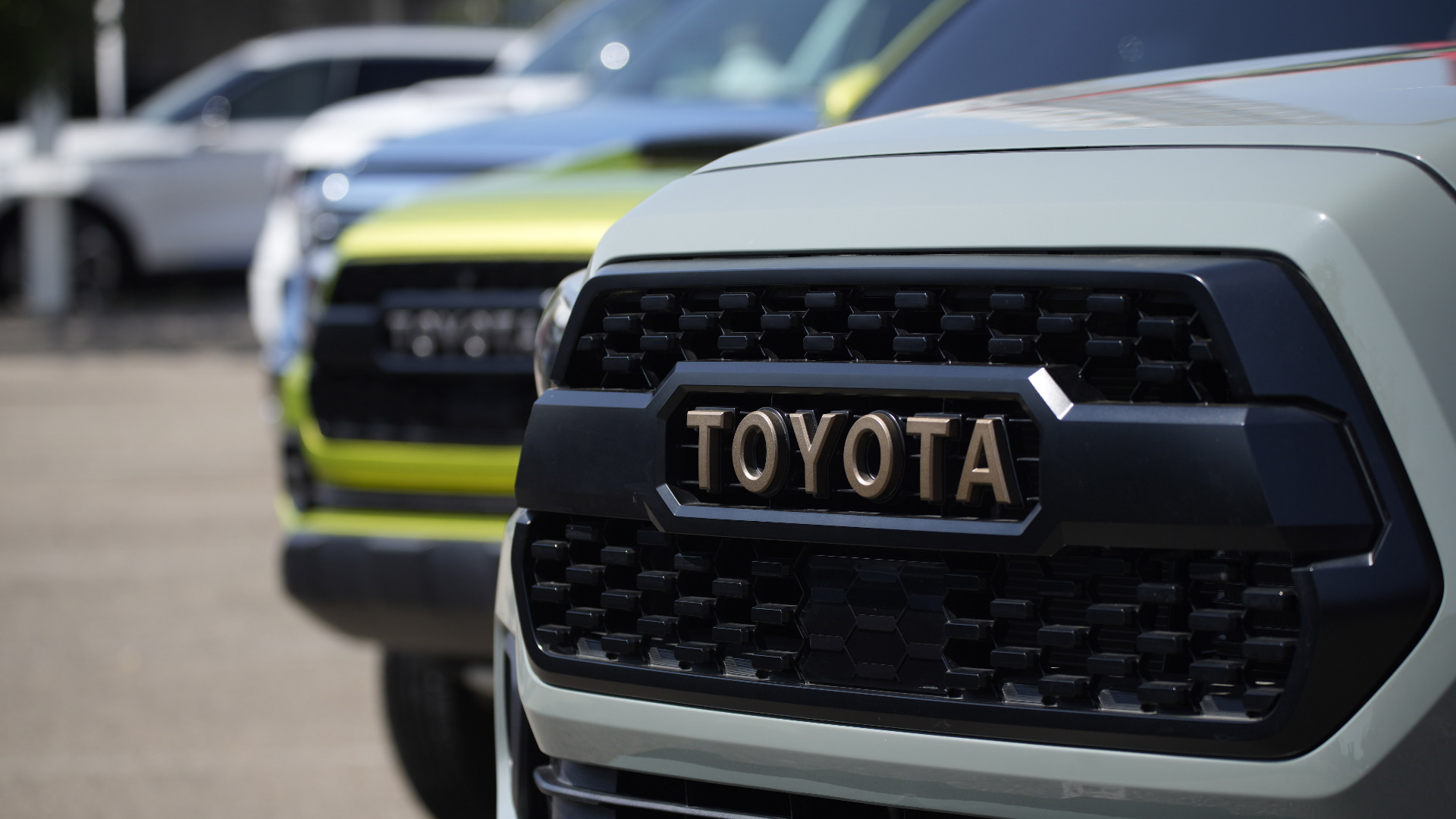

The Build Back Better Act’s last draft reworks the electric vehicle tax credit in a way that could change how Americans buy EVs. Not all automakers are happy with the alterations, though. In short, it would create a $4,500 discount for vehicles built with union labor, and that’s on top of the base $7,500 credit which would be re-introduced without the 200,000-unit cap. That means electric cars assembled by Detroit’s Big Three—Ford, General Motors, and Stellantis’ American brands—would get an extra price cut. Those made by non-domestic automakers, like Toyota, would not.
Today, the Japanese automaker released a statement arguing against this proposal. None of the automaker’s American manufacturing facilities are unionized and, as such, it would be at a disadvantage if the drafted legislation were to pass. “Congress needs to put the politics aside on this one,” the statement reads. “This isn’t fair. This isn’t right.”
Toyota’s press release goes on in an attempt to bring readers to the company’s perspective. It argues that the proposal essentially devalues the labor of non-unionized autoworkers by $4,500 compared to their counterparts represented by the United Auto Workers. Also, in the context of consumers themselves, Toyota says they would be punished if they didn’t want to buy a car from a domestic manufacturer. That’s a valid perspective; however, it’s worth noting that Toyota currently sells no fully electric vehicles in the United States.
The automaker says this bill tells consumers “having more electric vehicles on the road is secondary to promoting unionization.” It then encourages readers to call their elected representatives to argue for the company’s perspective, reminding them of the scale of Toyota’s manufacturing presence in the United States—currently, there are 10 plants and over 36,000 employees who work for the company directly.

This isn’t the first time the issue of union labor has been raised when it comes to the cost passed—or not passed—onto the consumer. Domestic automakers have quietly complained for years that their vehicles cost more to produce due to more expensive worker wages. At the same time, these cars must meet the same price point as many foreign vehicles produced outside the UAW’s purview. This recent twist could be seen as a long-overdue victory for domestic automakers as the playing field is leveled in the new world of electric vehicles.
There’s bound to be more automaker outcry surrounding the text of the re-worked credit as more foreign manufacturers start selling more EVs in the United States. Currently, Japanese makes like Toyota and Honda do not sell any, as previously mentioned. Some of Honda’s electric cars, though, are set to be built by General Motors in Tennessee, so they theoretically would be receiving the credit for some vehicles. Still, that hasn’t kept it from saying it’s against the credit. And this isn’t counting other allies Toyota finds in its effort to get rid of this extra discount, like Hyundai, Nissan, and Tesla, to name a few.
The Big Three have all supported the extra union-enabled credit, but to be clear, nothing about the $4,500 figure itself is final. That number has increased throughout the process of drafting the Build Back Better Act, and it may well change again before the bill text is finalized. In the meantime, expect more noise from non-unionized automakers lobbying against the credit, and quiet support from UAW-represented domestic companies. The latter may be outnumbered, though both the former and current administrations have placed an emphasis on supporting American manufacturing. This battle is far from decided.
Got a tip or question for the author? You can reach them here: peter@thedrive.com